Happy Sunday! I hope you’ve all enjoyed nice weekends. I’ve been reveling in the autumnal weather; I’m so happy that my favorite season is here. To celebrate, here’s a mixture of delectable late summer and early fall food links, most of them of the breakfast variety. Because what’s better than a cozy breakfast on a cool morning?
Nothing, I say.
Warm with a bowl of creamy coconut millet porridge. This looks absolutely delightful.
…and if you’re not quite ready for porridge, you can savor a delicious chocolate cherry vegan protein shake.
Since we’re on the topic of breakfast, we might as well dive headlong into pumpkin season with Allyson’s awesome pumpkin chocolate swirl muffins.
Headed back to school (or just looking for a great office snack)? I love these oat cookies with nuts, cranberries, and banana.
Finally, I’m swooning over this roast fingerling salad with romesco and black quinoa — what a layered dish!
Reads
1. Until now, it’s been a fairly widespread dictum in the medical world that you have to take a full course of antibiotics before you stop. This advice has grown even stronger and louder since antibiotic resistance has become prevalent. This new article, via Discover, presents new research that questions whether or not it’s necessary to take a full course of antibiotics each time. Very interesting stuff.
2. A new piece of technology called the “stopshotter” system may present an opportunity to help stop poachers in Africa. The system can be placed high in treetops and detect poachers’ gunshots from nearly two miles away. When it does, it can send a notification to park rangers within 30 seconds. While the system can’t stop poaching, it may help authorities to apprehend poachers more quickly.
“When gunfire happens, a notification is immediately alert sent to our offices in California,” Theresa Marcroft, senior vice president of marketing for Shotspotter, told The Dodo. “Then, a human confirms whether this sound is gunfire, or something like a tree branch breaking. If it’s a gunshot, we push that alert back to first responders immediately.”
3. A disturbing article about seven food practices that are banned in Europe but permissible in the US. Some pleasant examples: growth promoting antibiotics, poultry litter in cow feed, chloride washes on chicken carcasses. Sigh. Not a heartening read, but knowledge is power, right?
4. More diet coverage in The New York Times. This time, an article about an extreme weight loss study that actually proved to yield lasting results. Test subjects–15 overweight but healthy men–were asked to eat 360 calories daily, all in liquid form, coupled with upper body exercise and eight hours of walking per day. The men lost about 11 pounds each, which is obviously no surprise: starve and exercise, and you’ll lose weight. What was slightly surprising was that the men had actually kept weight off in a follow up one month later. A full year after the study, the men were still five pounds down from their original weight.
The article presents the sustained net five pound loss as a big deal, and I suppose I understand why. Starvation diets famously lead to immediate weight re-gain after (sometimes with a few extra pounds), so it is surprising indeed that this didn’t happen. Still, it’s not such a shock that the extreme weight loss experience might inspire some longterm change in overall habits. And it’s also no surprise that half of the weight was re-gained. What the article fails to mention, of course, is how unhealthy the original starvation diet was, or how much it failed to train the test subjects in sustainable healthy habits. It also fails to mention that a sample size of 15 is hardly robust or promising evidence of anything.
I read the original study, and in fairness, the authors’ intention doesn’t seem to have been longterm weight maintenance or healthy education; rather, they were interested in the efficacy of calorie restriction as opposed to other dietary strategies. But I always wince a little when studies like this garner attention, because, no matter how firmly I believe that all of us should have access to research and information, it’s hard to imagine that this kind of information might not trick readers into believing that crash dieting is just as good (or better) than a gradual transition to a sustainable healthy lifestyle. And it isn’t.
5. My fave topic again: the microbiome. This time, a study suggesting that gut microbial therapy (specifically, experimentation with the Clostridia bacterium) may help to protect against food allergies. Interesting stuff!
In case you missed it: if you’re feeling a little uninspired or stuck in your veganism, I wrote a post last week about my recent visit to Woodstock Farm Animal Sanctuary, the special sheep I’ll be sponsoring this year, and 10 things that you can do to help animals today.
Happy Sunday!
xo
You might also like
I’ve been thinking a lot about taking responsibility lately. For the past few weeks, the process of slowly and patiently taking care of my responsibilities—academic, personal, business, financial, and the tiny tasks and duties associated with everyday living—have been a big part of staying healthy and engaged as I weather a patch of depression. It’s not about keeping busy, which has been my way of trying to outrun sadness in the past. It’s about reminding myself of my own capability and efficacy, proving…
Happy Saturday, folks! I’m getting weekend reading up a little early today in preparation of a busy two days ahead of me. This week has flown by, a combination of book excitement, some new nutrition client sign-ups, and my first set of exams for school around the corner (boy, those arrived fast). But I haven’t been too busy to notice a few wonderful recipes from fellow bloggers. Baking season is here, and Nicole’s lovely masala chai carrot muffins look like a perfect way to…
My next door neighbor—I’ll call him Glen—passed away recently. I’m not sure when. I’d known he wasn’t well for a long time, based on our passing encounters and the haunting sound of his cough echoing through the hallway we shared late at night. For the past few months I suspected things might have taken a turn, since I didn’t see or hear him. But I didn’t know for sure that he was gone until my management company started gutting the kitchen in his apartment…
This week in my Strategies for Nutrition Education class, we spent a little time discussing Self Determination Theory. It’s a behavioral theory that posits three essential conditions of a person’s motivation, engagement, persistence, and creativity: autonomy, competence, and relatedness. Autonomy refers to feelings of freedom and self-governance, competence to feelings of mastery, and relatedness to feeling connected and engaged with others. The more these conditions are evoked, the theory goes, the better the chances an individual will have of successfully implementing and maintaining…


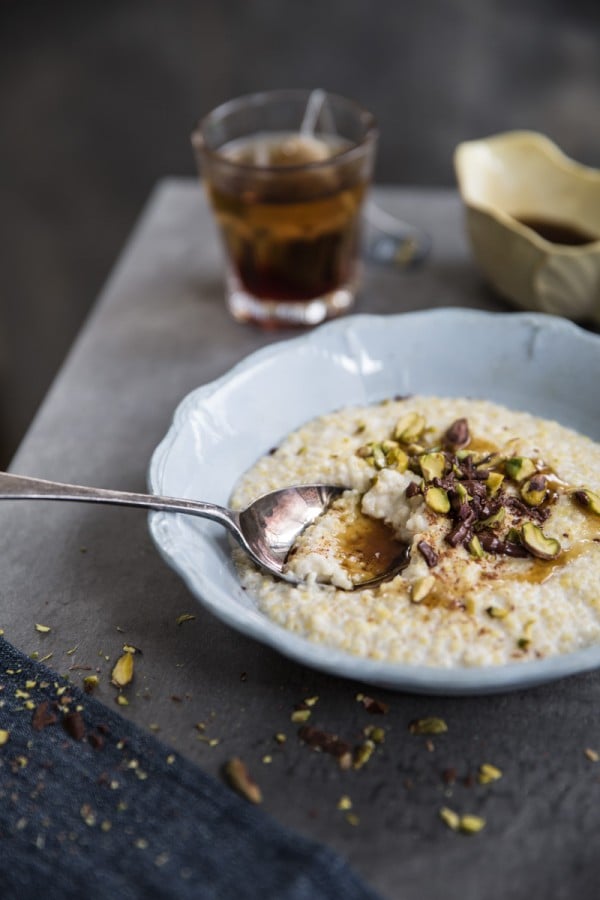
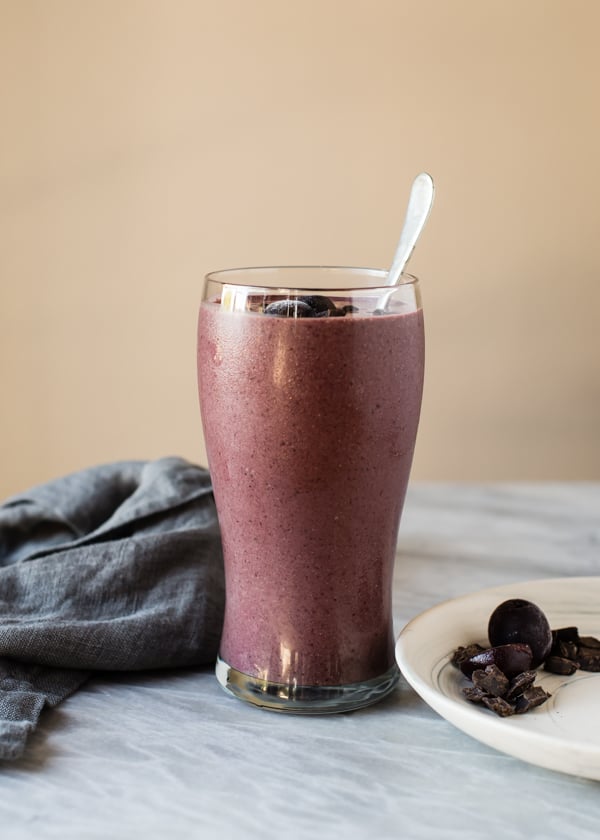
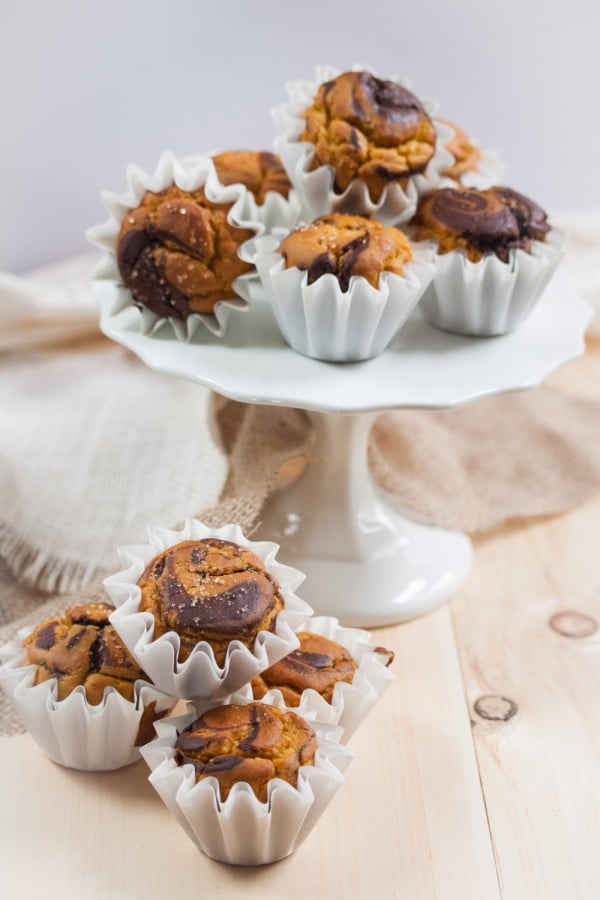
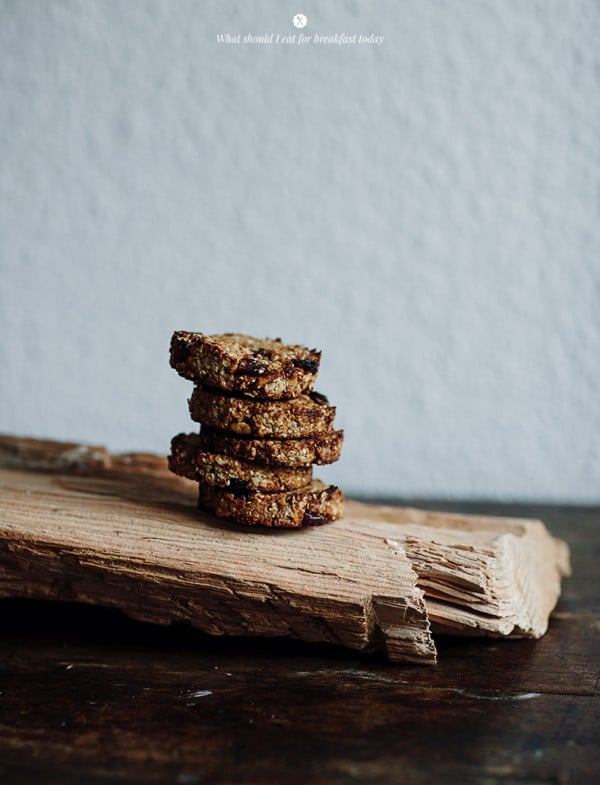
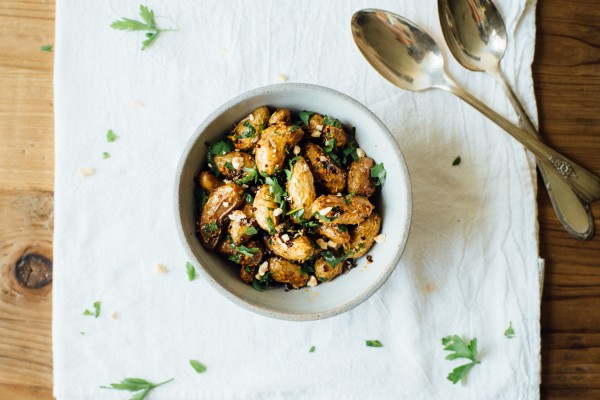
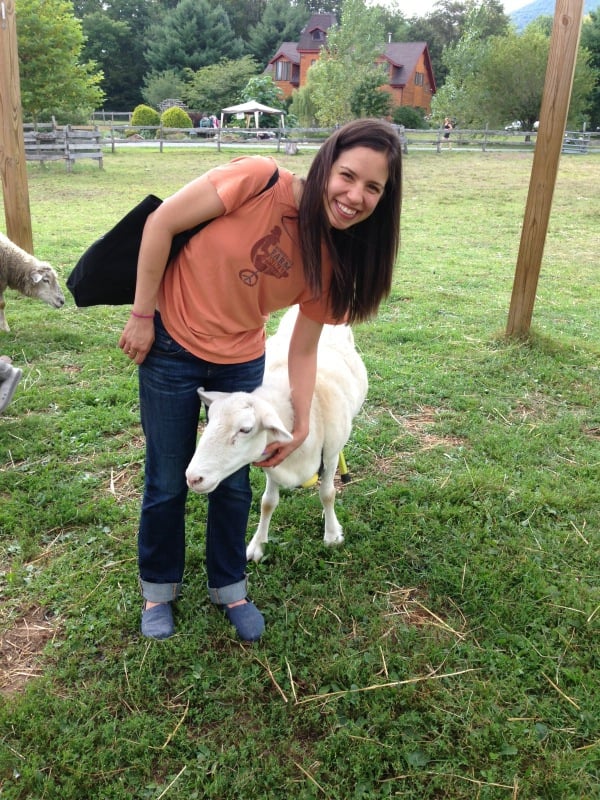
Leave a Comment
Would love to know more about the antibiotic research. Could you expand on it a little more, or does the headline say it all? Access to the full article requires a subscription to Discover. Also, that’s really great news about Shotspotter.
We did FMT with my son for his clostridia overgrowth that was causing diarrhea and other nasty stuff and it worked well! No squeamishness left in this household 🙂
So glad you featured that ridic weight loss study! It’s not the study itself that makes me cringe (well, it does a little) but it’s more so what I’m afraid fragile minds might take away from it. :-/
Also looking forward to reading that antibiotic article. I had a pretty gnarly infection last January that I was hospitalized for, with an intravenous drip of antibiotics, for two days. After my release I was given oral antibiotics that I was supposed to be on for ten days, but they were putting me in SO much physical discomfort (it was hard for me to eat, walk, stand, etc., and I was also out of town!) so my doctor gave me permission to stop the course early. I was worried about stopping, but the pain and discomfort was just too much. Def bookmarking that article. Thanks!
Oh Man so much interesting and delicious stuff this week:) I had a hard time deciding which blog post of your to read first…this one or the one on your visit to the Animal Sanctuary. So thanks for the reminder. Those pumpkin Muffins I am making tomorrow for a bunch of kiddos…and maybe 1 for myself. I am so interested in the study on gut therapy helping with food allergies as peter is allergic to so many amazing foods!